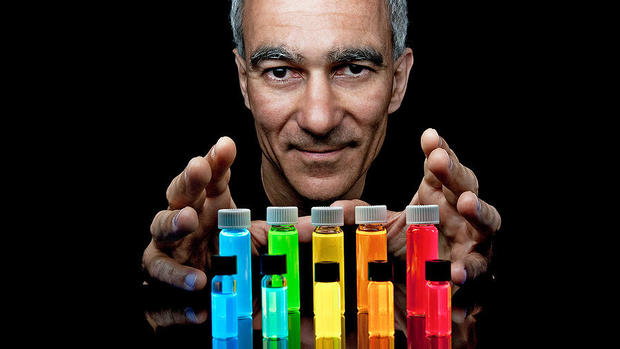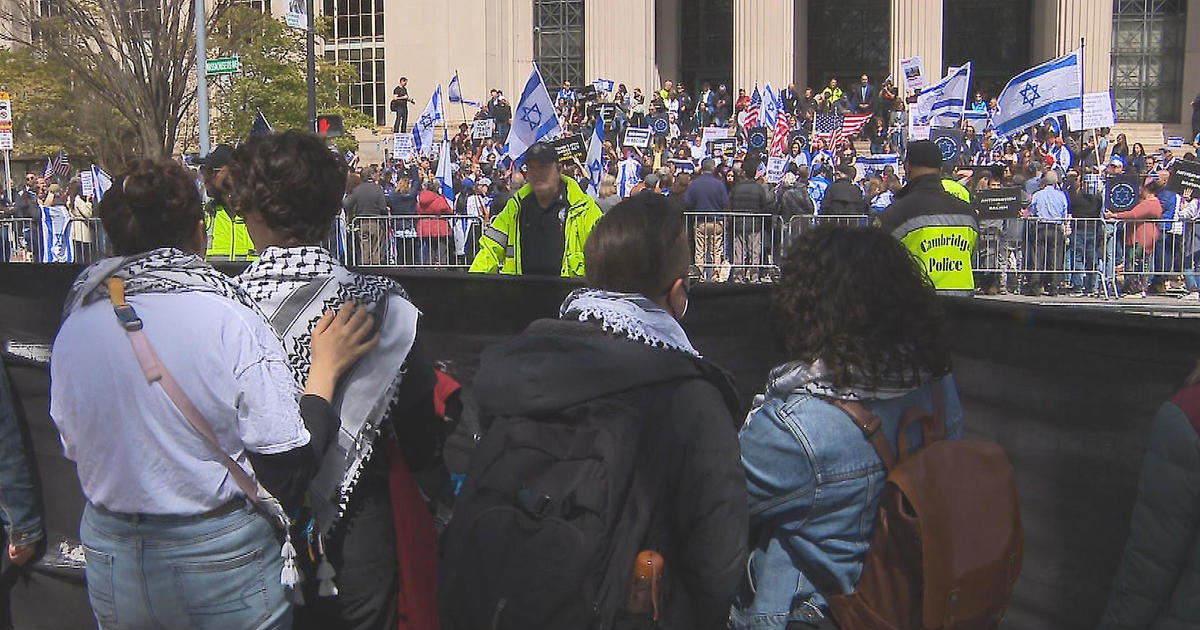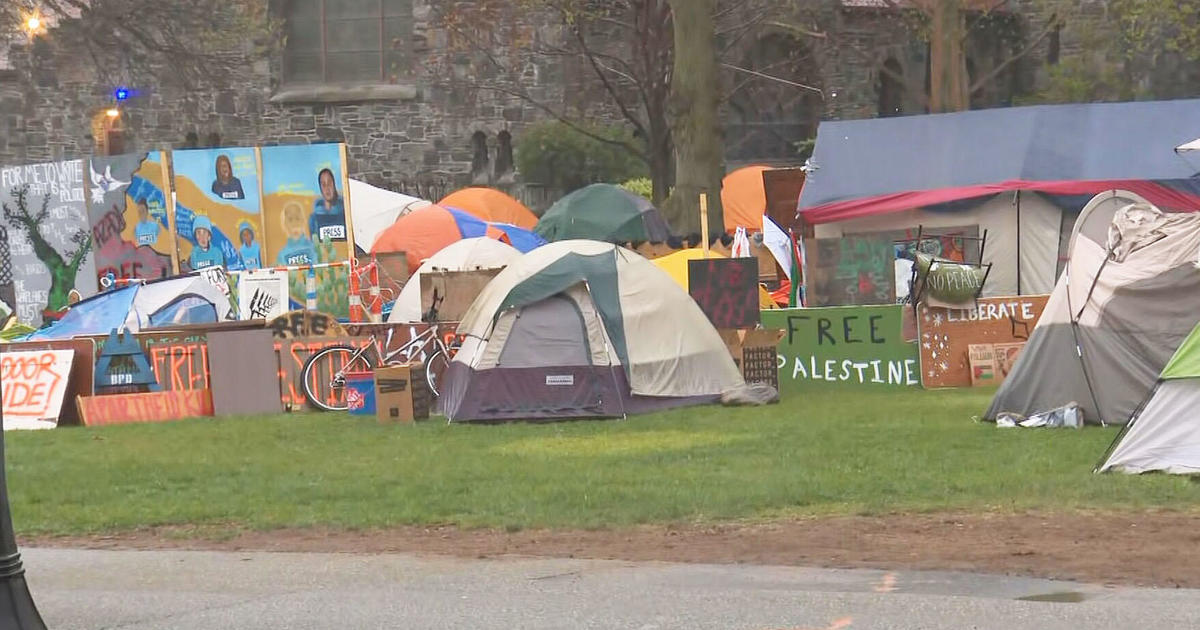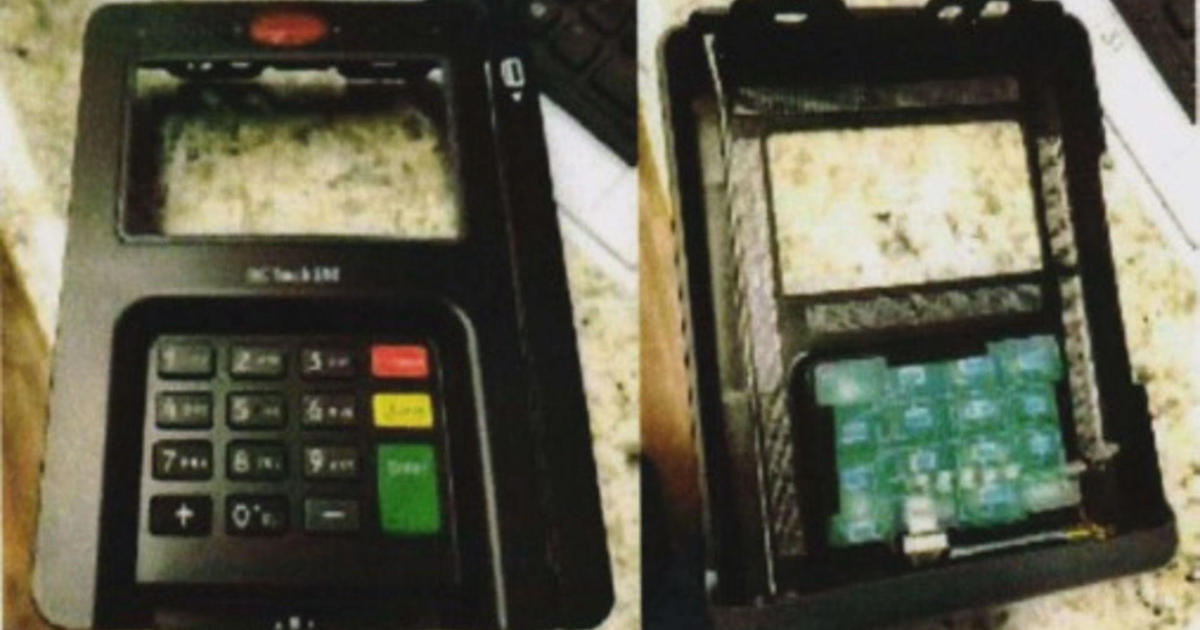MIT professor Moungi Bawendi shares Nobel Prize in chemistry
STOCKHOLM - An MIT professor is one of three scientists who won the Nobel Prize in chemistry Wednesday for their work on tiny quantum dots.
Moungi Bawendi, of MIT, Louis Brus, of Columbia University, and Alexei Ekimov, of Nanocrystals Technology Inc., were honored for their work with the tiny particles that can release very bright colored light and are used in electronics and medical imaging.
"These tiny particles have unique properties and now spread their light from television screens and LED lamps. They catalyze chemical reactions and their clear light can illuminate tumor tissue for a surgeon," according to the Royal Swedish Academy of Sciences, which announced the award in Stockholm.
In a highly unusual turn of events, Swedish media reported the names of the winners before the prize was announced.
The Royal Swedish Academy of Sciences, which awards the physics, chemistry and economics prizes, asks for nominations a year in advance from thousands of university professors and other scholars around the world.
A committee for each prize then discusses candidates in a series of meetings throughout the year. At the end of the process, the committee presents one or more proposals to the full academy for a vote. The deliberations, including the names of nominees other than the winners, are kept confidential for 50 years.
Ekimov, 78, and Brus, 80, are early pioneers of the technology, while Bawendi, 62, is credited with revolutionizing the production of quantum dots "resulting in almost perfect particles. This high quality was necessary for them to be utilized in applications," the academy said.
Bawendi told the news conference that he was "very surprised, sleepy, shocked, unexpected and very honored."
"It's a cauldron of innovation at all levels of science and it's just a unique place in the world," said Bawendi, when asked about MIT.
Asked about the leak, he said he didn't know about the prize until he was called by the academy.
On Monday, Lexington native Drew Weissman shared the Nobel Prize in medicine for discoveries that enabled the creation of mRNA vaccines against COVID-19.
The Nobel Foundation raised the prize money by 10% this year to 11 million kronor (about $1 million). In addition to the money, winners receive an 18-carat gold medal and diploma when they collect their Nobel Prizes at the award ceremonies in December.




